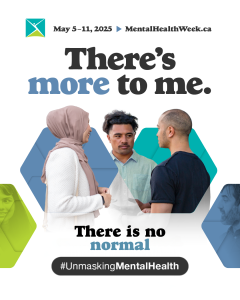How to Unmask Ourselves ?

There’s more to a person than meets the eye and we should all be free to be our true selves. Unmasking ourselves is the first step toward living authentically.
When we’re able to be ourselves and shed our masks, we:
- create deeper connections which strengthen our sense of belonging,
- improve self-esteem,
- and support good mental health.
But unmasking ourselves isn’t just a switch we can flip. It’s a gradual process of unlearning established behaviours and it requires people to feel safe and accepted.
For the individual, unmasking ourselves takes courage, patience, and trust. Yet masking isn’t just an individual problem — it’s a social one. Creating a world in which people feel safe enough to share more parts of themselves with others will require changes to the policies, systems, and attitudes that make people feel the need to mask in the first place.
5 Strategies to Unmasking Ourselves
- Fight stigma : have open conversations about mental health and substance use.
- Lead by example : show vulnerability to normalize unmasking ourselves.
- Ask twice : if someone says, “I’m fine,” and you suspect otherwise, ask again with care.
- Give people permission to share real feelings : especially in settings like workplaces where masking is common.
- Provide peer support : whether through formal peer support programs or informal support.
Help others unmask
• Fight stigma: have open conversations about mental health and substance use to help normalize different experiences and situations.
• Lead by example: open up and be vulnerable around others to show them it’s ok.
• Ask twice: when someone says, “I’m fine” and you suspect they aren’t, take a moment to ask again, showing genuine care and interest.
• Give people permission to share real feelings: some environments, like workplaces, have traditionally expected people to leave their feelings, experiences, and struggles at the door but this can lead to bottled up emotions or fatigue that negatively affect performance and cause burnout.
• Provide peer support: create opportunities for people to share whether it’s a formal peer support program or just letting people know what you can support them with.
Source : CMHA – Mental Health Week
Resources :